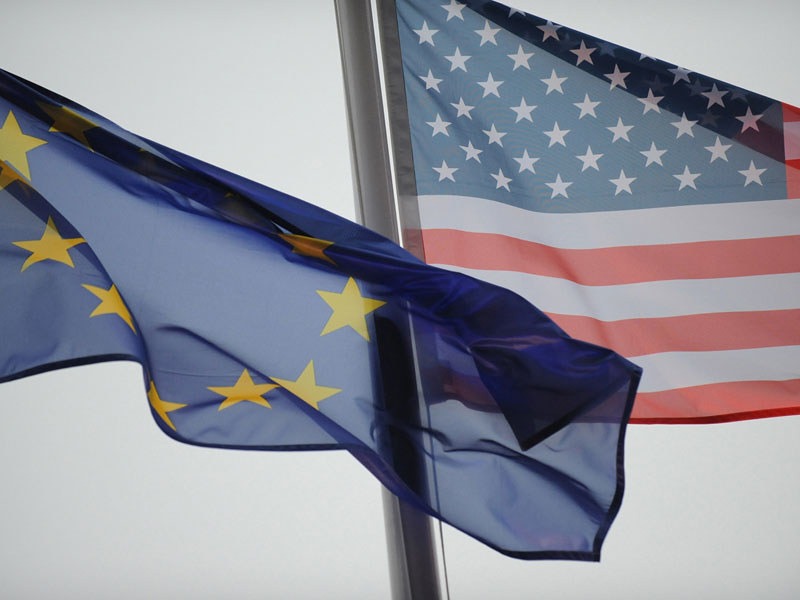European universities look to recruit US scholars amid Trump’s funding cuts
European universities, such as Vrije Universiteit Brussel (VUB), are looking to take on American academics searching for research opportunities, as their US counterparts see funding drastically cut under the new Trump administration.
Institutions such as NASA, the National Oceanic and Atmospheric Administration, and the Centres for Disease Control and Prevention have seen budget cuts, and a realignment of priorities to federal government ideology. Research into diversity, vaccines, and climate have been particularly targeted by the new administration.
Financial and social pressures on American academics have risen, as scholars report feeling increasingly under pressure to “self-censor”. A rector for VUB stated: “We believe that freedom of investigation is now under threat in the US”.
In response, Europe has opened up new opportunities for US scholars. VUB offered 12 postdoctoral positions for international researchers, with the promise of academic freedom. The university stated that it “particularly welcomes excellent researchers currently working in the US which see their line of research threatened”.
We felt that our colleagues in the US were going through a catastrophe […] we wanted to offer some sort of scientific asylum to those whose research is being hindered
Éric Berton, President of Aix-Marseille University
Similarly, the Pasteur Institute in Paris has also been recruiting, while the Netherlands has launched a fund to attract researchers. France’s minister for higher education and research, Philippe Baptiste, stated: “Naturally, we wish to welcome a certain number of them”.
Aix-Marseille University has also set up a programme to fund 24 researchers from the US for 3 years.
The university’s president, Éric Berton, stated: “We felt that our colleagues in the US were going through a catastrophe […] we wanted to offer some sort of scientific asylum to those whose research is being hindered.” Within two weeks of the programme launch, there were about 100 applications from researchers in top institutions.
As more and more expert researchers are poached, the US could experience a ‘brain drain’. For the European quaternary sector, there are hopes that this could be a chance to revitalise and introduce new expertise.
Yasmine Belkaid, director of the Pasteur Institute, stated: “You might call it a sad opportunity, but it is an opportunity, all the same”.

Comments